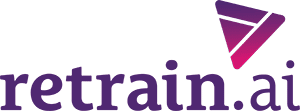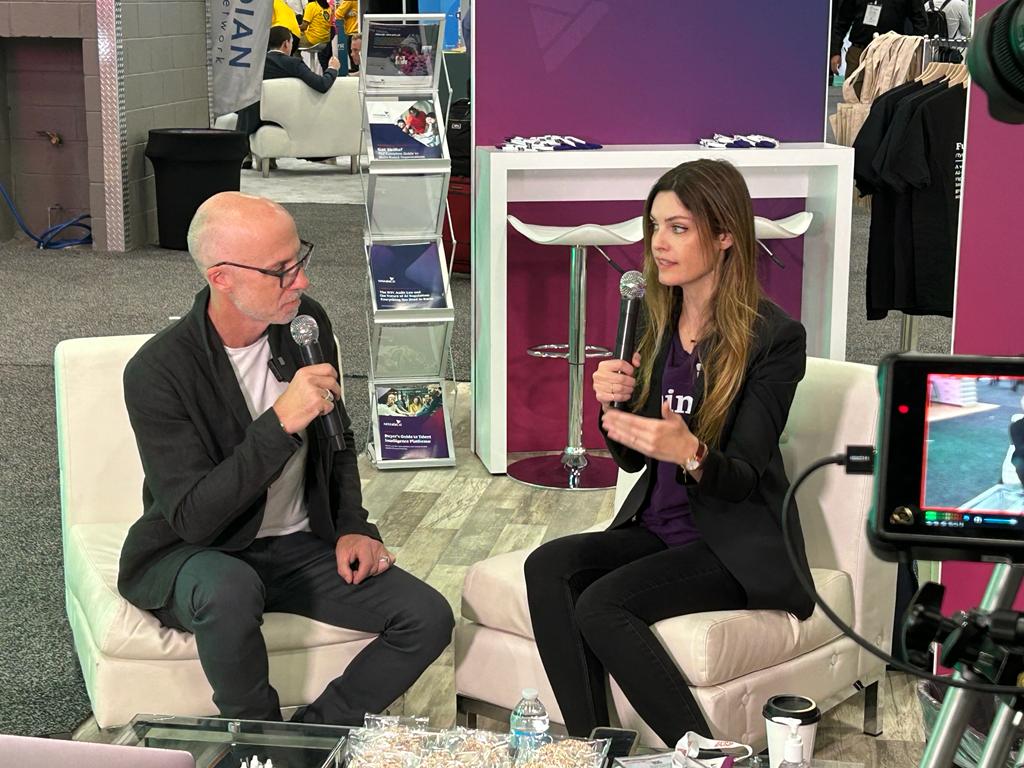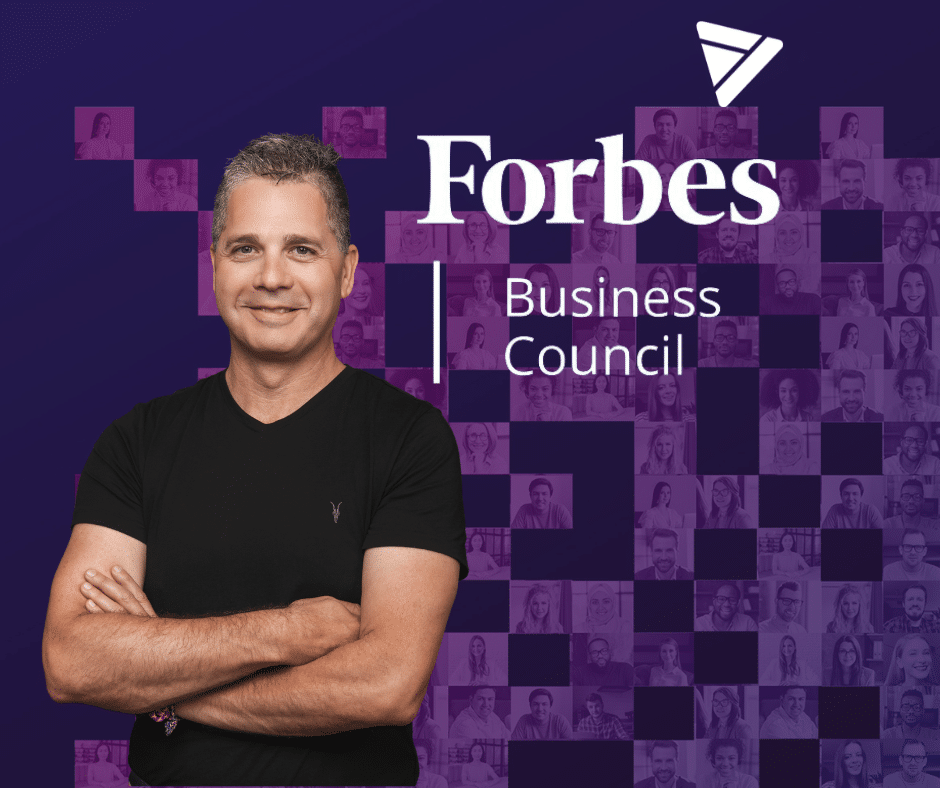This article was written and originally published by Medium.
After 100+ years of hiring with a mass production mindset, it’s time to apply personalization to managing the workforce.
When reviewing a CV, do you find that your only option is to look in the rearview mirror — at a person’s history, listing what they’ve done in the past tense? What if you could look forward, envisioning the best route based on what people could do?
The essence of corporate HR hasn’t really changed since the Victorian era. Born out of the industrial revolution with its focus on mass production, the workforce itself was seen as something to be standardized and compartmentalized, with clearly defined skills for singular roles until retirement. The idea was to systemize ‘human resources’ on a mass scale, not necessarily with soft skills, individuality or creativity in mind, but because it was the easiest managerial process. It was also linear: Hiring began at an obvious starting point, and the destination was clear — advance forward until retirement.
While there have been incremental developments in HR, there’s one area of modern technical advancement that has yet to be applied to dramatic effect: personalization. In the age of Netflix, ad targeting and algorithms, we take for granted the general shift towards personalizing experience, everywhere. Everywhere, that is, except the workplace.
It’s an extraordinary challenge to relate to a company’s workforce of thousands — sometimes hundreds of thousands — of employees not as a mass, but as individuals with unique skillsets and potential. And the challenge only grows as tech developments are changing both the job descriptions and their required skills, faster than ever. (Sometimes the most in-demand roles are those that did not even existing a few years ago!) How do you actually personalize at that level and pace?
The irony is that technology — specifically AI, the thing that many believe is the biggest hazard to the workforce today — may actually be the key to making personalization in HR scalable. Retrain.ai [an Israeli start-up — full disclosure, we are investors] have taken this technological approach and is harnessing cutting edge graph theory to create what is effectively ‘Waze for the human workforce’. Waze continuously maps streets, overlays real time traffic and provides individualized routing that optimizes the path for moving from point A to B. Retrain.ai continuously maps jobs and their attributes, and overlays skill sets and capabilities to allow individualized optimization from professional point A to B to C and beyond.
For example, if you’re a brick-and-mortar retailer shifting online, you need to sort out who on your customer-facing or stock room team can reskill for delivery management or packaging. It may sound trivial, but the churn on these jobs is high, and to be successful for the long haul, you require a certain personality and skill set. Assuming you can choose from any employee on your team and just convert their job description is the same ‘mass production’ mistake we are aiming to avoid by embracing personalization.
It’s not only retraining out of business necessity; remember that today not all career pathways are linear. Say a bank analyst decides to make a career change, and wants to transition over to the tech or product side of the organization. She can wait for roles to open up and hope to apply internally, or she can embark on a Waze-like, transparent process with management and begin the reskilling process immediately, mapping the path together with smart data to maximize the chance of reaching her destination.
The importance of such a navigation system is only becoming more acute. A new generation is graduating from our education systems with skills that have short life expectancy and a career map which, if at all, will be relevant only until the next disruption around the corner. The real workplace map is one which is constantly changing — with traffic jams, new speedways, and even new forms of transportation. Someone graduating in 2021 will most likely be working their way through this shifting environment until 2070. It’s time they have a navigation system that’s fit for purpose.
Learn more about retrain.ai. Read the latest in TechCrunch: Israel’s Retrain.ai closes $13M to use AI to understand early signals in the changing jobs market










